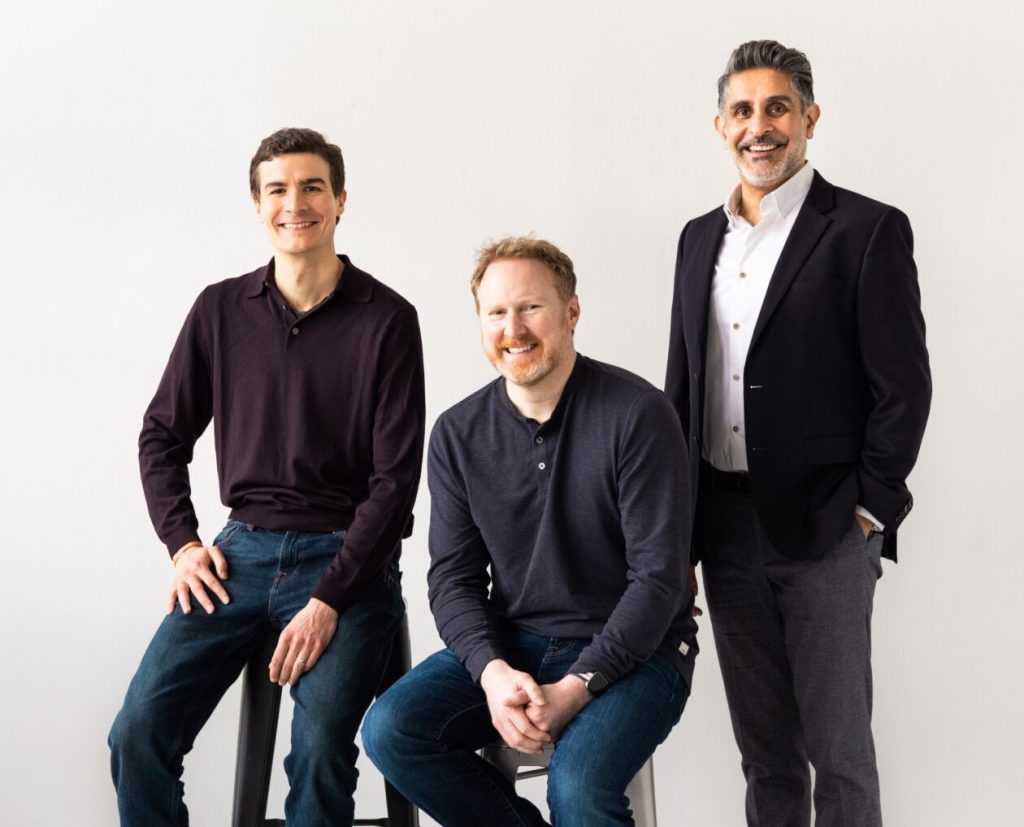Seattle startup Round, a platform that helped tech leaders connect with one another, announced a $12 million Series A investment two years ago, signaling growth potential. However, the venture capital dollars may have accelerated its downfall as the company recently announced its shutdown. Round had quickly achieved $1 million in annual recurring revenue after its launch in 2021, attracting senior leaders from technology companies. The company aimed to curate a group of executives who shared values of empathy, humility, and curiosity to accelerate the positive impact of technology. However, the tech downturn in 2022 led to widespread layoffs, affecting Round’s business model that relied on individual annual membership fees paid for by employers cutting expenses during the crisis.
Despite several attempts to pivot its business model in response to changing market conditions, Round realized that rapid growth was no longer attainable. Securing additional investment in a tight venture capital market also seemed unlikely. Fuller, the CEO and co-founder, acknowledged that while raising venture capital was the right decision when money was readily available, being prepared for macroeconomic fluctuations was crucial. He also highlighted the challenges of scaling a community-based business with venture capital backing, as balancing user growth, maintaining special connections between members, and accelerating revenue proved to be complex. Fuller expressed some regret, wishing the company had been more bootstrapped and prepared for economic uncertainties.
The difficulty of scaling a community-based business backed by venture capital was a significant factor contributing to Round’s shutdown, according to Fuller. He recognized the challenges of growing a user base while maintaining special connections between members and accelerating revenue simultaneously. Fuller expressed times where he wished Round was a nonprofit, believing it would simplify the equation. Despite the challenges, Fuller emphasized the importance of community and togetherness in society, noting the feeling of moving apart rather than coming together over the past decade. The closure of Round, which employed around 11 employees, has been a difficult time for the team, but Fuller praised the response from everyone connected to the company and its mission.
Fuller noted that raising venture capital when money was readily available was the right decision, but it led to building the business in a particular way during better market conditions. The difficulty of scaling a community-based business while maintaining special connections and accelerating revenue was challenging for Round, prompting Fuller to reflect on the simplicity of being a nonprofit. He emphasized the importance of community and bringing people together versus moving apart in society, underscoring the value of the connections and mission that Round provided. Despite the company not working as a venture-backed business, Fuller is hopeful that the community will continue to provide value to many individuals, with some members already planning to maintain connections through a Slack group.
In the face of the tech downturn in 2022 and widespread layoffs, Round’s business model faced challenges as employers cut expenses and individual annual membership fees were impacted. Despite multiple attempts to pivot the business model and secure additional investment, rapid growth was no longer feasible, leading to the company’s decision to shut down. Fuller recognized the challenges of scaling a community-based business backed by venture capital, pointing to the complexity of balancing user growth, maintaining special connections between members, and accelerating revenue. While the closure of Round has been tough for the team, Fuller praised the response from everyone connected to the company, highlighting the value of community and togetherness in society that the platform provided.















